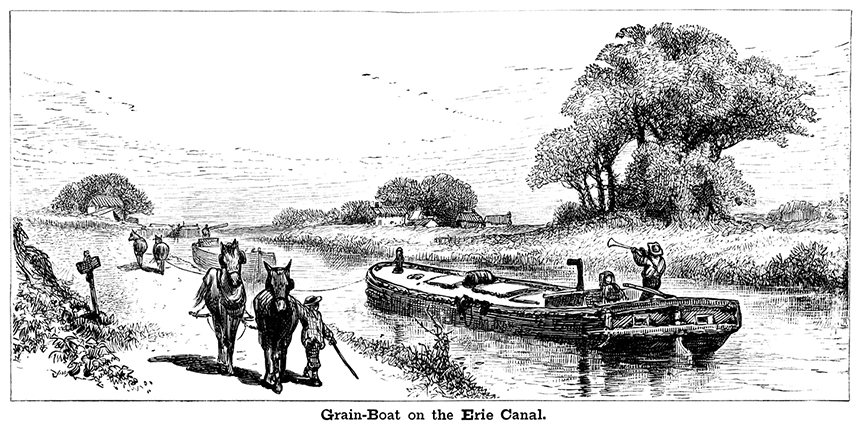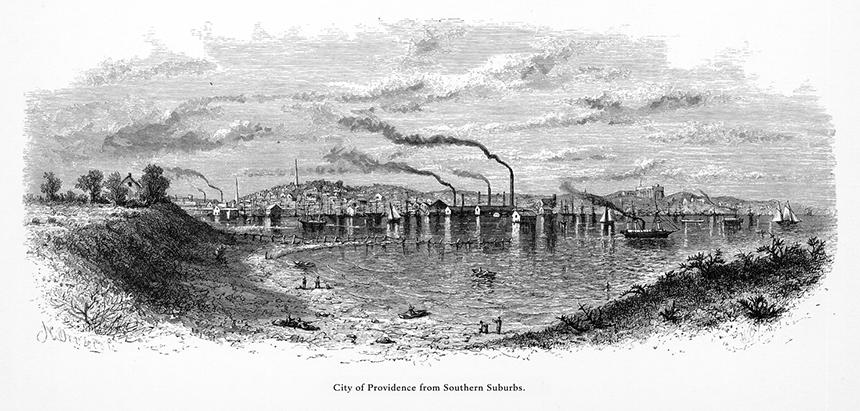History
The Journal of Maritime Law and Commerce was founded in 1969 by George Jay Joseph, a Washington, D.C., lawyer who saw the need for a law review exclusively devoted to maritime law. Through a generous gift by the Joseph family in 2021, the JMLC transferred hands to the Roger Williams University School of Law.
The JMLC is the premier journal in the field of maritime law in the United States and one of the premier journals on the subject in the world. In fact, courts and arbitrators — including the United States Supreme Court and foreign courts — have cited it over 450 times since its inception.
RWU Law is a fitting home for this leading scholarly publication. RWU is nationally known for its work in maritime and marine law and for providing strong training in that field to the next generation of lawyers and leaders through its faculty, the Marine Affairs Institute, and its partnerships with the University of Rhode Island and Rhode Island Sea Grant.

Close Course Type DescriptionsCourse Types
We have classified RWU Law classes under the following headers. One of the following course types will be attached to each course which will allow students to narrow down their search while looking for classes.
Core Course
Students in the first and second year are required to take classes covering the following aspects of the law—contracts, torts, property, criminal law, civil procedure, and constitutional law, evidence, and professional responsibility. Along with these aspects, the core curriculum will develop legal reasoning skills.
Elective
After finishing the core curriculum the remaining coursework toward the degree is completed through upper level elective courses. Students can choose courses that peak their interests or courses that go along with the track they are following.
Seminar
Seminars are classes where teachers and small groups of students focus on a specific topic and the students complete a substantial research paper.
Clinics/Externships
Inhouse Clinics and Clinical Externships legal education is law school training in which students participate in client representation under the supervision of a practicing attorney or law professor. RWU Law's Clinical Programs offer unique and effective learning opportunities and the opportunity for practical experience while still in law school.



